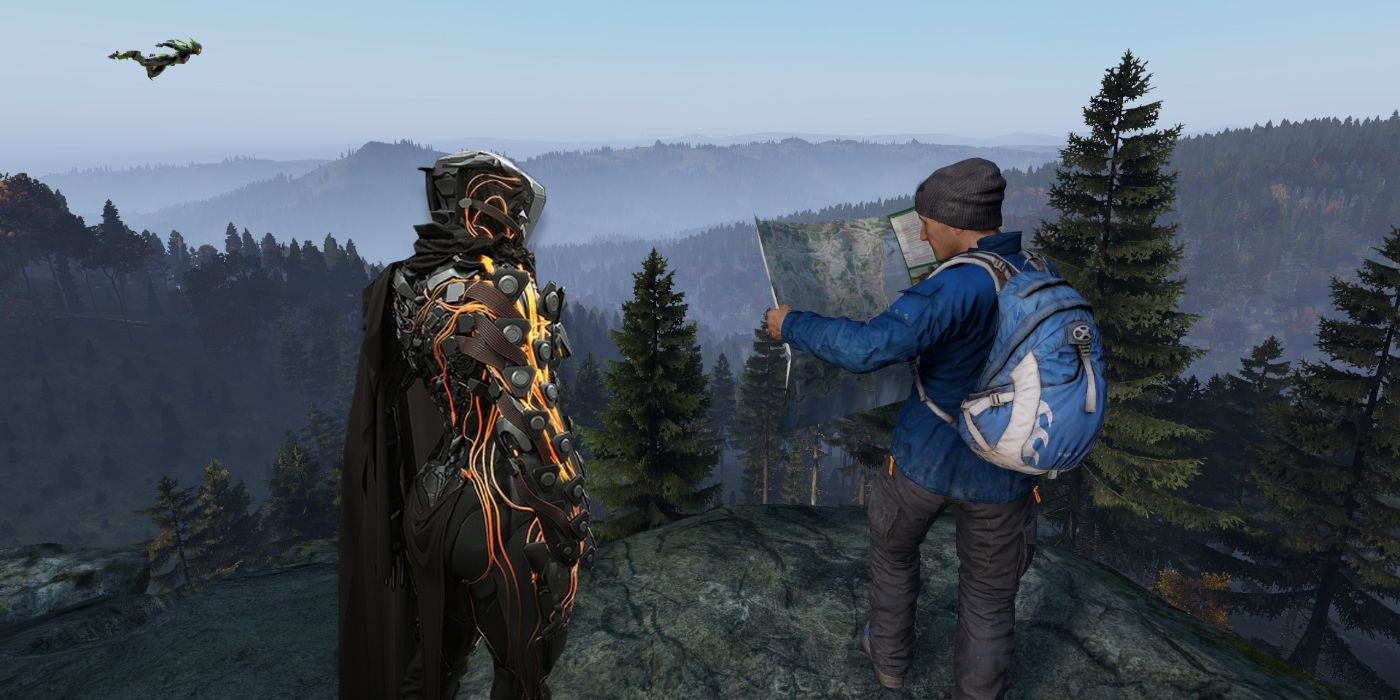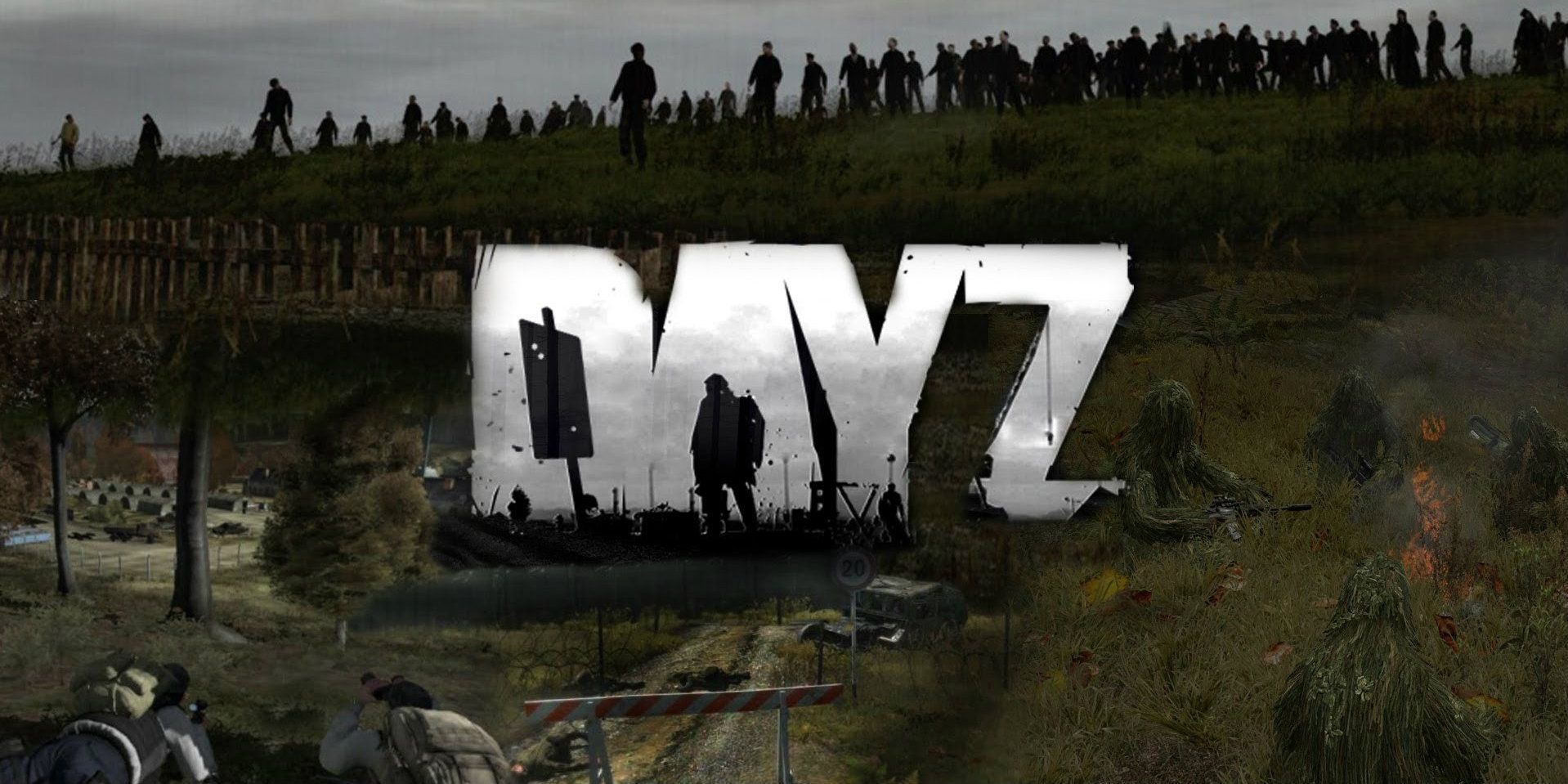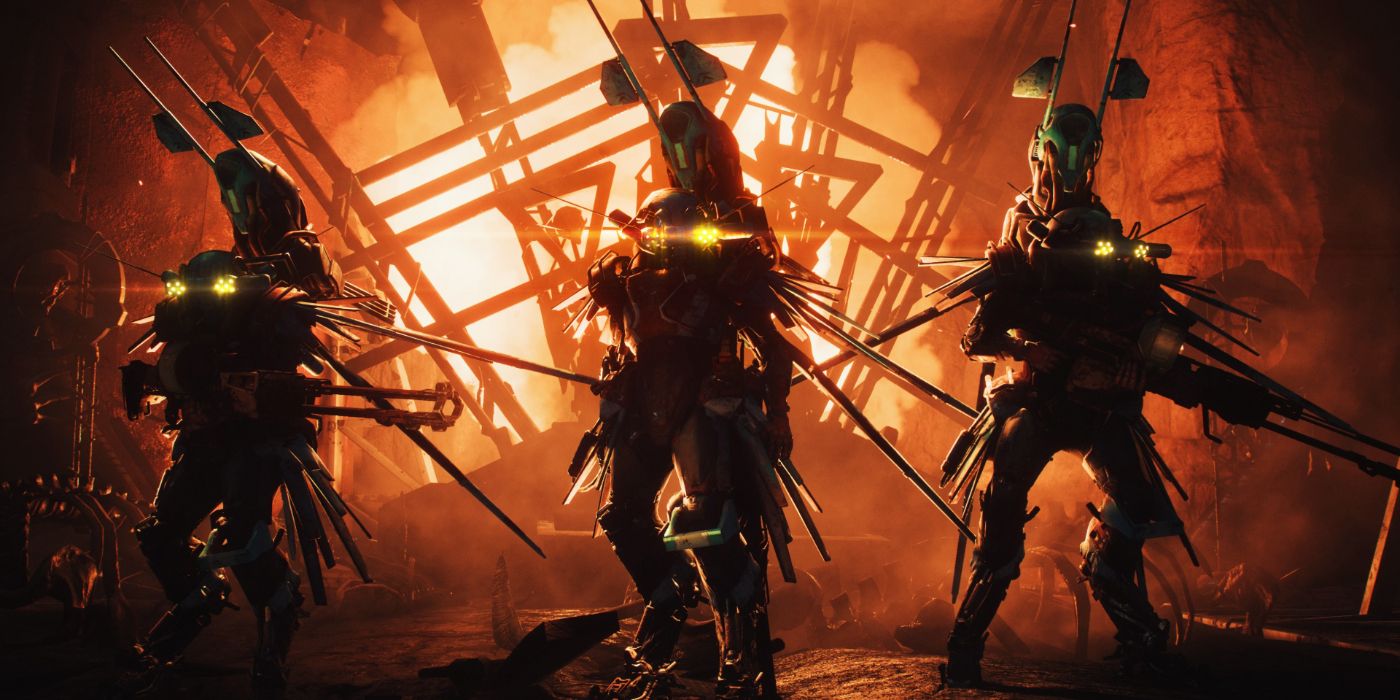The concept of an "early release" can be puzzling at the best of times. In theory, it's simple—games are put out prior to their completion for consumers to purchase and play. This creates an environment where those who were looking forward to it get the title well ahead of schedule, the developer earns valuable feedback on gameplay concepts, and both developer and publisher generate revenue during the process.
If that's how it always worked, and fans were always given a complete game after the fact, this would be a fine and healthy business practice; it would provide a unique service to those interested in it. Unfortunately, early release is broken in practice. It works for smaller companies, and it works when developers are forthcoming about their plans for each respective title that enters into that phase of development. That doesn't always happen, though.
Early Access Earns Money Without The Same Need To Deliver
For example, DayZ's initial success saw it hit one million players after the first four months of the game’s release. The title was then tagged to become a full-on release instead of simply a mod for Arma 2. Early access development on DayZ began in 2013 with the original creator, Dean Hall, heading the entire project. Fans continued to enjoy what was already available while things behind the scenes decayed, and quickly. Hall left in 2014, and DayZ's development never really approached the kind of velocity that meaningfully looked to capitalize on its momentum.
After sparse updates, a clear inability to finish the product in a meaningful timeframe, and bleeding a player base that had once totaled millions dry, the game released with a higher price point to basically no fanfare. DayZ's price in 2014 was $34.99. Its price after release is $44.99 as of this writing. The real kicker is that DayZ sold 4 million copies during what it touted as its “early access” period, and promised more features to justify its higher price point. That never really came to fruition, and the community is still complaining about a lack of content and a price that's simply too high in the current market.
This ode to the flaws of early access wasn't inspired by DayZ, though. It's being spurred on by Anthem, EA and BioWare's abomination of a live service game that has been nothing short of one of the most disappointing game releases of all time in its short existence. Beyond the constant loot issues, the abysmal launch services that saw frequent infinite loading glitches and console shut-down bugs, and the barren, taunting landscape of a beautiful world devoid of content, a recent update posted by the team behind Anthem was just the icing on the cake.
In the update, the BioWare team admitted it would be missing target dates on almost all of the most desired content updates that had been promised during the first 90 days of the game. That's obviously an issue, as is the fact that the post also admitted that the much-requested loot updates weren't progressing smoothly and that there’s currently no timeframe for that system being fixed. The most telling statement, however, was actually a portion of the small little blurb before the disappointing announcements above were even introduced to the light of day.
"It's been 10 weeks since the early access release of Anthem."
Early access release. If that sounds unfamiliar in the context of Anthem, that's for good reason—it was never part of the marketing campaign for the game after its official launch. This subtle relabeling is a spur of the moment change. Beyond the other exploitative practices that are available to early release business models, this is the most egregious by far. EA and BioWare are trying to redefine Anthem as an early access title months after its official release in order to, presumably, defend the unpolished game’s sudden lack of content updates, unfinished offerings, and other assorted disasters that have befallen it since mid-February.
Early access was already too loosely defined. Now, its use here is outright broken. Circling back after release to use the label as a means of leveraging poor feedback and content release hiccups as something to be expected isn't just exploitative in this case; it's outright dishonest. There is nothing about Anthem that can genuinely be considered “early release”, outside of the fact that it was clearly rushed out the door and legitimately released too early.
These are two different concepts, however. People paid full price for the game when it came out, and it was never insinuated to consumers that what they were actually going to receive was something unfinished. If early access can now be retroactively assigned to titles that are merely poorly made, we're in trouble as an industry and consumers are going to need to become far more critical of what titles they support.
Early Access Games Need More Accountability
The ability to stretch the definition of early access this thin is, in part, due to the fact that we haven't really defined what we as players expect out of the practice. Early access can go on for years, or, when it's put into practice in a good way, can simply allow developers to tweak the systems of a mostly-finished game prior to official release. This was the case with Darkest Dungeon, Dead Cells, and Subnautica—three games that, it's worth noting, were very well-received by fans.
What we need is a restructuring of the way that consumers view early access. People buying games need to be more critical of the process as a whole, and they should expect better communication from developers as the process happens. There needs to be a certain standard of quality in early access, whether it be a game reaching a particular point in development or a stricter time window for when it will release after it enters that phase.
Right now, early access is a continuing excuse to release games that aren't finished. That obviously shouldn't continue, but since the practice has been allowed to go on for so long, we're seeing the natural evolution of it. Games like Star Citizen continue to promise the world but generate funding and revenue while delivering chunks of the developer's vision at a time with no end in sight. The "early access release", as EA and BioWare put it, is now a gross reimagining of the process that allows for poorly-received games to simply be reworked at a company's leisure while being protected by a disingenuous label that supposes there's some benefit to consumers in this profit-chasing exercise.
There isn't. Early access is now synonymous with unfinished work that's being paid for in full. It’s a broken system that needs better protections in place—for consumers, and for the companies that are attempting to use it honestly—before it scales out of control. Anthem is the first game to stretch the boundaries this far on how we interact with games over development cycles further than just early access, but if it's allowed to go uncriticized, it won't be the last. By all accounts, it should be.




